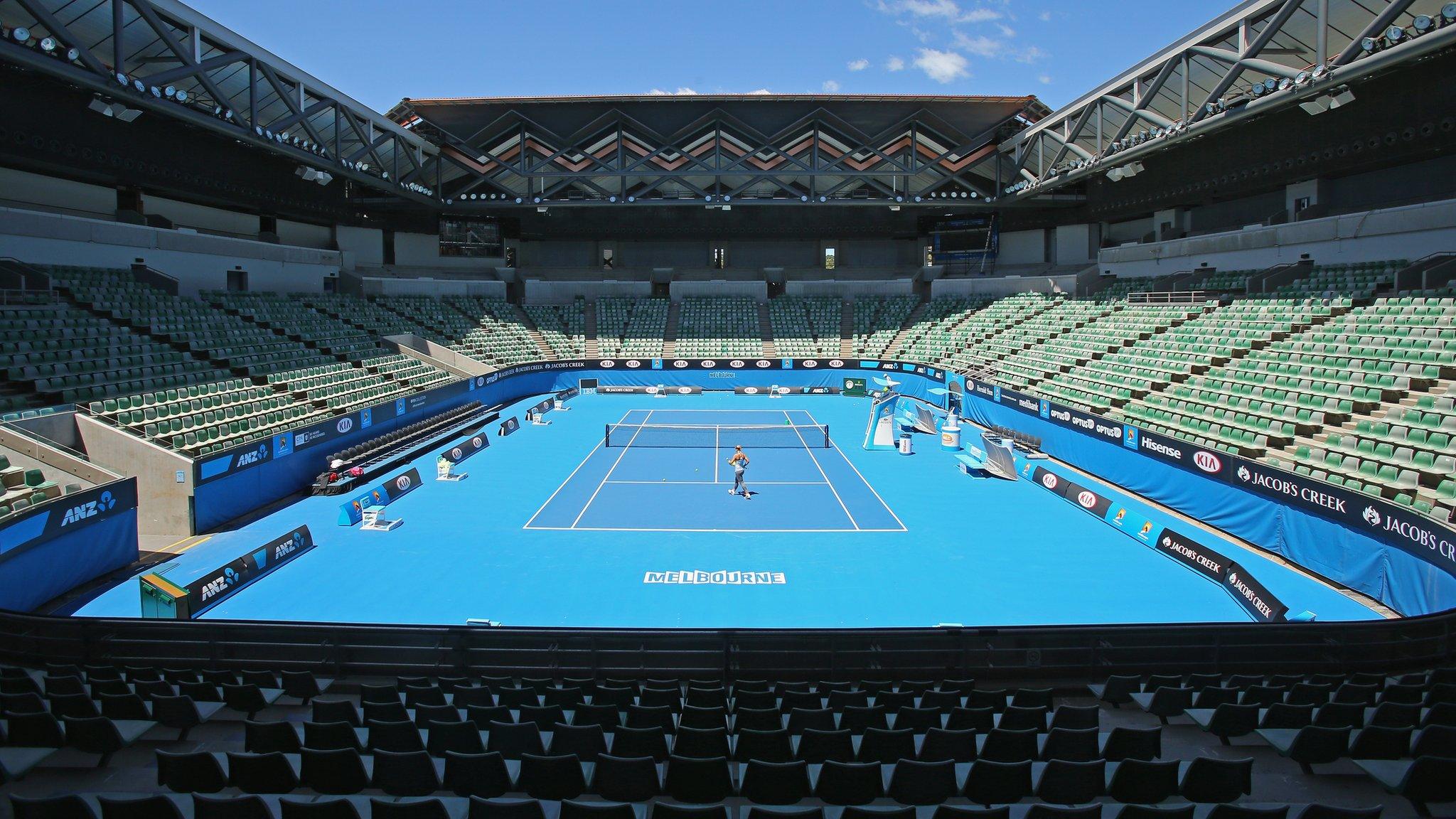Novak Djokovic: The waning of his winning obsession has led to a lost sense of direction
- Published
Djokovic stunned by world number 117
When asked what he would take away from his stunning defeat by Denis Istomin in the second round of the Australian Open, Novak Djokovic said he would take his bags and go home.
The world number two exuded the utmost class in the aftermath of Istomin's five-set victory in the Rod Laver Arena. He signed autographs, offered sincere congratulations to the current world number 117, and declined the opportunity to comment further on the malaise which has affected him since winning his first French Open title last June.
Istomin has had a fine career - spending plenty of time in the world's top 50 - but after an injury-affected 2016, he had to win the Asia Pacific Wildcard play-off in China (saving four match points in his semi-final) to qualify for this Australian Open.
His only previous tournament this year was in Thailand, where he lost to the world number 211 in the second round of the Wind Energy Holding Bangkok Open.
Lukas Rosol was 100 in the world when he beat Rafael Nadal in the second round of Wimbledon 2012, but Istomin can claim an even bigger upset given Djokovic's recent record in Melbourne, where he has won five titles in the past six years.
Conquering the clay of Roland Garros last year has affected Djokovic's sense of direction.
That burning desire to become only the eighth man in history to win all four of the sport's Grand Slams drove him forward. An unwitting consequence of that magnificent achievement appears to be a diminished appetite for the incessant demands of the tennis tour.
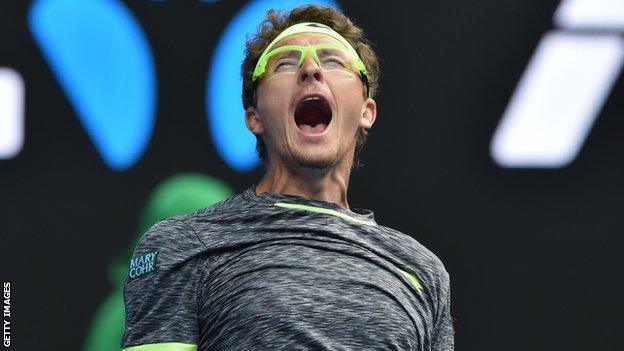
Denis Istomin, currently 117th in the world, beat Novak Djokovic in five sets over four hours and 48 minutes
He has lost surprisingly since then to Sam Querrey in the third round of Wimbledon; to Juan Martin del Potro in the first round of the Olympics; to Roberto Bautista Agut and Marin Cilic in the autumn of last season; and now to Istomin.
There have been personal problems and niggling injuries along the way, and he has still been good enough in that time to win titles in Toronto and Doha - and finish as runner-up at both the US Open and the ATP World Tour Finals.
I would be very surprised if Djokovic fails to add to his Grand Slam tally of 12, but I think it unlikely he will ever be able to dominate the sport as he has in the past.
After all, from the start of 2011 through until last year's French Open, Djokovic won 11 Grand Slam titles and appeared in all but five of the 22 finals staged.
That is a staggering effort which bears comparison to the standards set by Roger Federer, who won 16 of his 17 Grand Slams in a six and a half year period. But 35-year-old Federer has added only one since he turned 29.
It is perhaps just not possible in the modern age to sustain such relentless success for any longer.
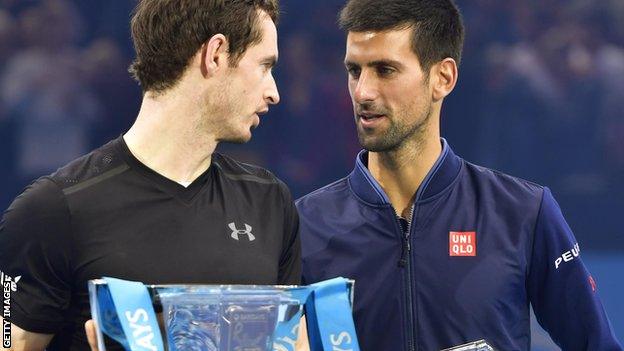
Novak Djokovic says regaining the world number one ranking from Andy Murray will not be his main focus
In Djokovic's case, the years of obsession and dedication began at the age of six, when he was spotted watching some lessons through the fence of a newly built tennis academy in his home town.
He was invited to come and play the following day by a coach called Jelena Gencic, who would have a profound effect on his career.
As Djokovic himself said at the World Tour Finals in November: "Every year is an evolution for me. It's hard to expect to repeat all these things forever. Nothing is eternal. I'm trying to do the same things. Sometimes it works. Sometimes it doesn't."
What might the future hold for Djokovic?
He says regaining the world number one position from Andy Murray is not his main priority, and that may be wise given Murray would move more than 3,500 ranking points ahead of him by winning a first Australian Open title.
He says he has no plans to add to his current coaching team of Marian Vajda and Dusan Vemic, and if Djokovic sticks to his schedule we won't see him again until the second week in March when he is due to defend his Masters title at Indian Wells.
And what does this mean for the men's game in 2017 - and for the ongoing Australian Open?
It leaves Andy Murray in pole position, it gives the returning Roger Federer and Rafael Nadal even greater hope of further glories, and offers encouragement to the next generation of players who have had to bide their time so patiently. Twenty three-year-old Dominic Thiem and 19-year-old Alex Zverev currently look best placed to take advantage.
- Published19 January 2017
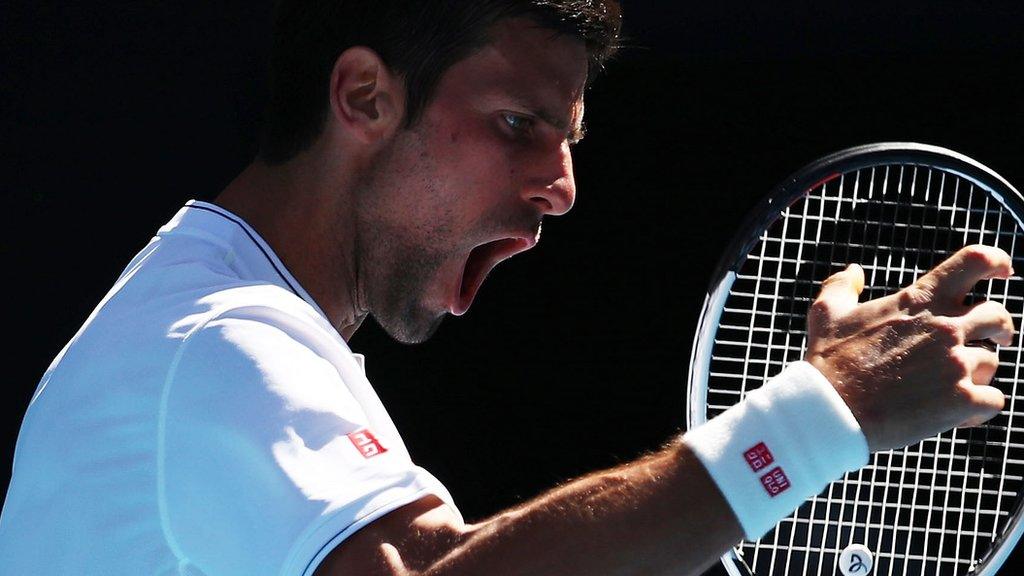
- Published9 November 2016
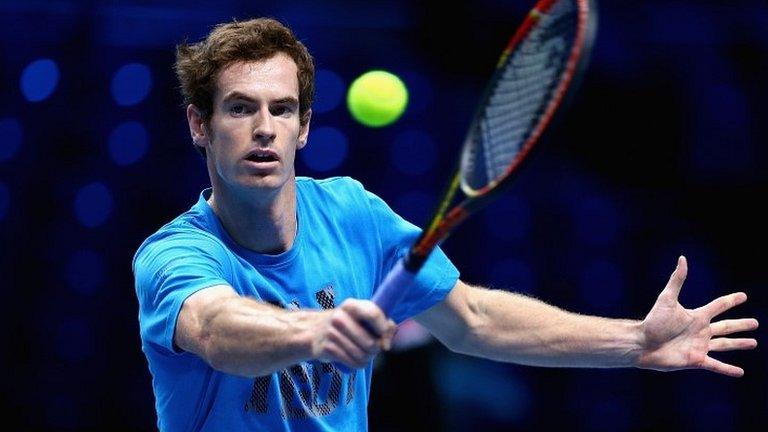
- Published24 June 2018
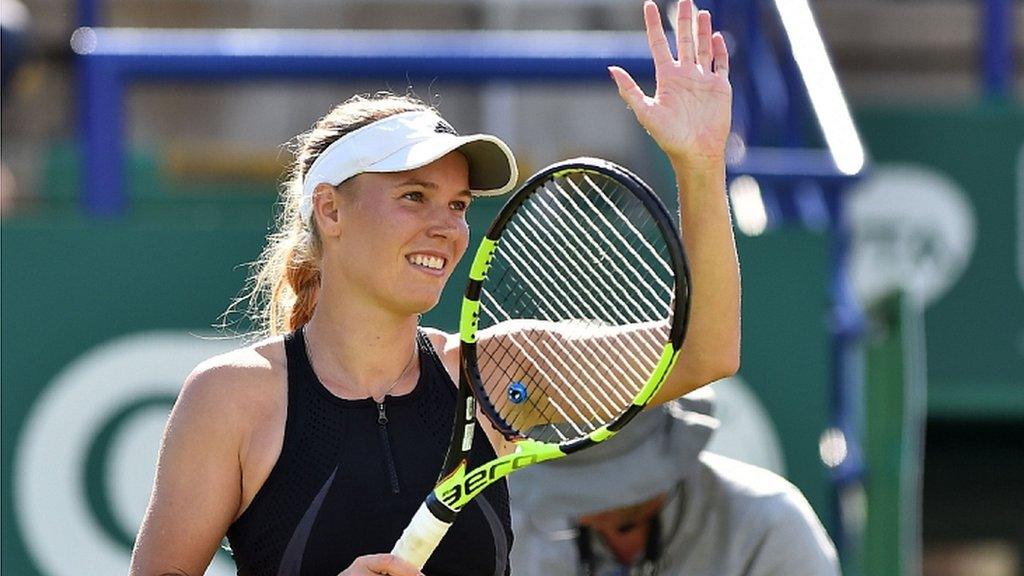
- Published17 June 2019
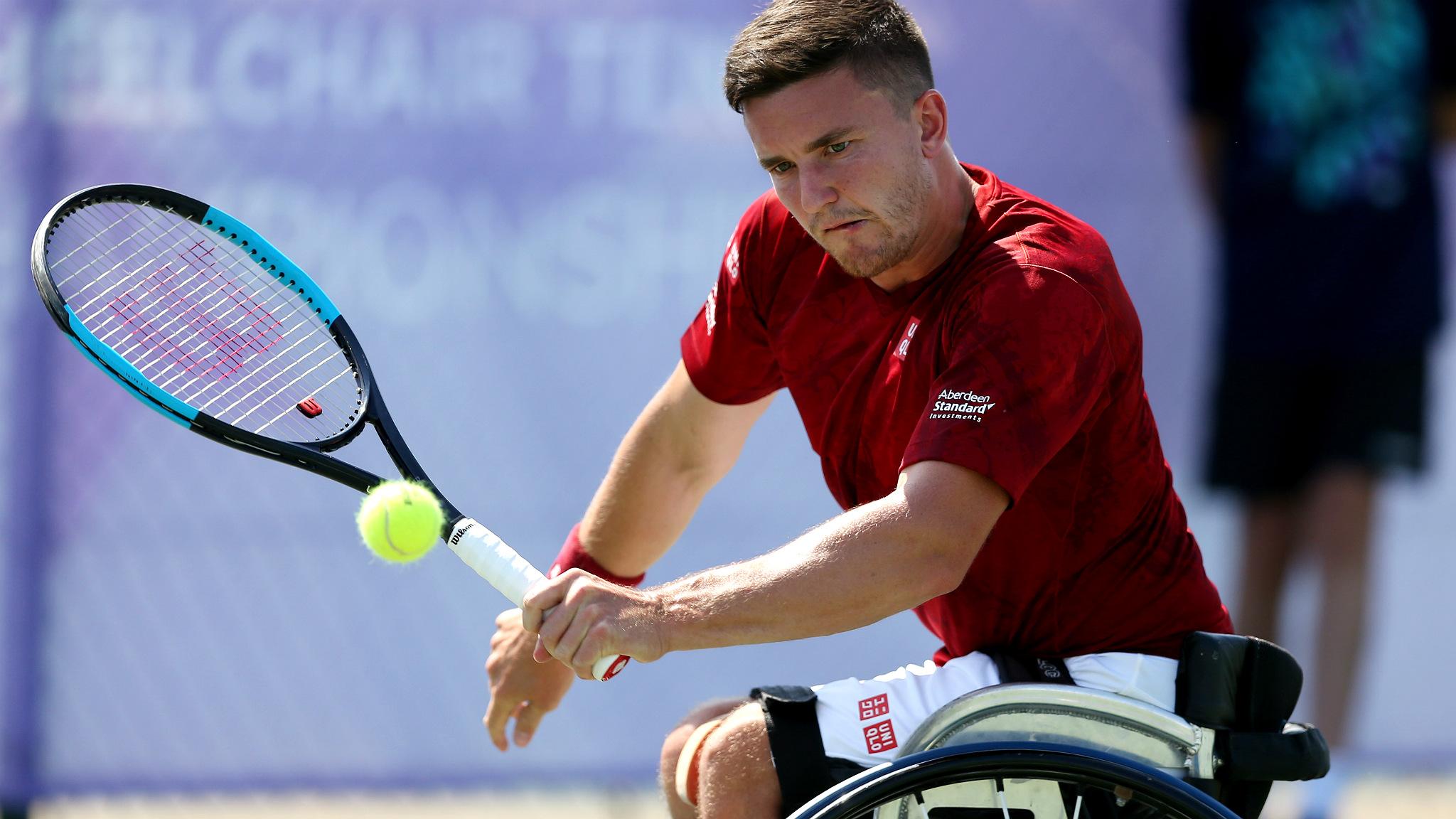
- Published30 May 2013
